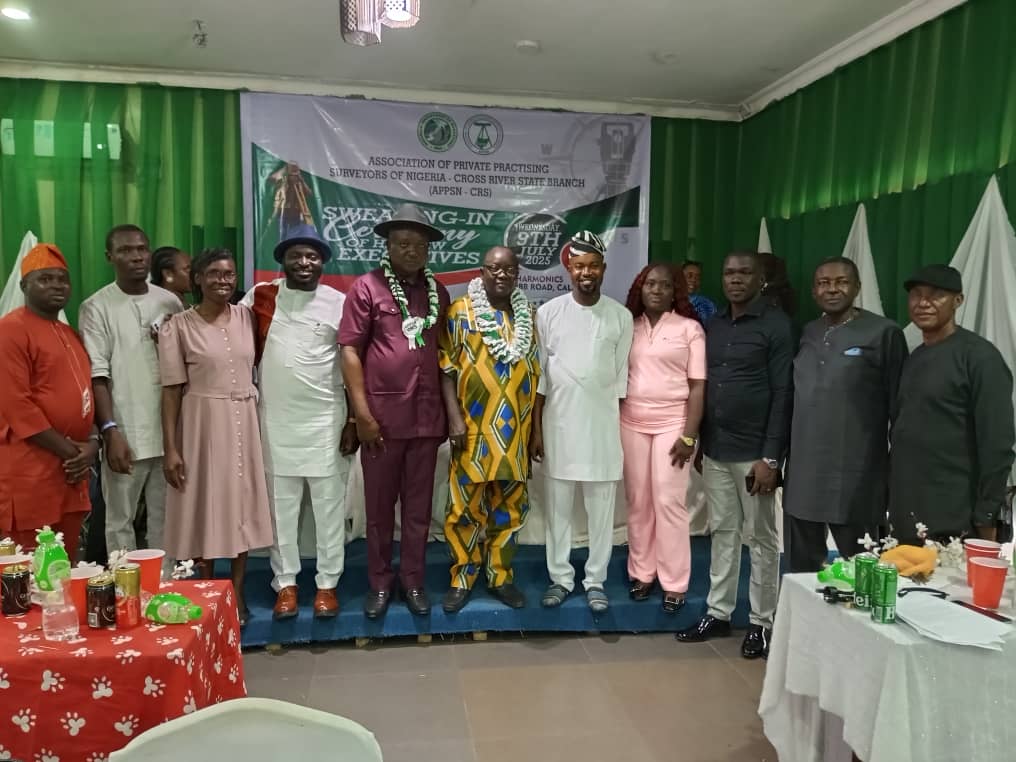As Horace Mann noted in 1837, the purpose of education is:
to inspire the love of truth as the supremist good, and to clarify the vision of the intellect to discern it. We want a generation … above deciding great and eternal principles upon narrow and selfish grounds. Our advanced state of civilization has evolved many complicated questions respecting social duties. We want a generation…capable taking up these complex questions, and of turning all sides of them towards the sun.
But too often that is not what schools and universities in advanced countries are turning out today. Instead, by guiding students into science, technology, engineering and math (STEM) classes they are too often turning out individuals José Ortega y Gasset in his book Revolt of the Masses characterized as learned ignoramuses whose “inner feeling of dominance and worth” induce them to wish to predominate outside their specialty. In other words, they are turning out too many Elon Muss. It is past time, therefore, for teachers of STEM classes to address human rights issues in their classrooms.
The solution, in short, is consilience. Consilience, as E. O. Wilson pointed out in his book by that name, refers to the “linkage of the sciences and humanities.” “But what,” you might ask, “does physics, or computer science or technology or engineering or mathematics and statistics have to do with human rights?” And the answer, you may be surprised to learn, is: “quite a lot.”
Start, for example, with physics, a science that has given us nuclear power plants and nuclear weapons. Students in physics and the other hard sciences, in other words, can use the knowledge they acquire to help improve our lives or destroy them. Hence in those classes, as well as in classes in the social sciences and humanities, they should learn that knowledge is power and comes with the responsibility to use it for the benefit of others. Students in a physics class, for example, might be asked to think about the quandary many physicists faced when asked to join the Manhattan Project and help develop the first atom bomb. Consequently, they might come away from their studies aware that upon witnessing the first test of the bomb, Robert Oppenheimer, the theoretical physicist who directed the project is said to have exclaimed “now I am become Death, the destroyer of worlds.”
Now leave physics and move on to classes where students study computer programming. Clearly students in those and other technology classes should be made aware, that, in the words of former United Nations High Commissioner for Human Rights Michelle Bachelet’s “The digital revolution is a major global human rights issue. Its unquestionable benefits do not cancel out its unmistakable risks. Hence, we can’t afford to see cyberspace and artificial intelligence as an ungoverned or ungovernable space–a human rights black hole?” And given that awareness they might then be asked to address the question the Kemper Human Rights Education Foundation posed last year regarding how they would deal with the problem of the spread of hate speech on the internet?
Finally consider students studying mathematics and/or statistics. Teachers of mathematics can help their students learn, among other things, how mathematics can be used to help conceptualize and measure social welfare. And as Jessica Utts, the past president of the American Statistical Association pointed out, students studying statistics should be taught how to avoid violating human rights while measuring progress in realizing them.
Unfortunately, however, in the increasingly technological environment in which young people are growing up today many of the brightest among them are tracked into STEM classes so challenging that they don’t have time to spend on classes in the humanities or social sciences. Hence, it is increasingly important that human rights issues that should be and often are addressed in those classes are touched on as well in the classes in the hard sciences, engineering, statistics, and mathematics that they do end up taking.
This year will be the 25th year KHREF has sponsored essay contests for high school students in the U.S. and other countries.





